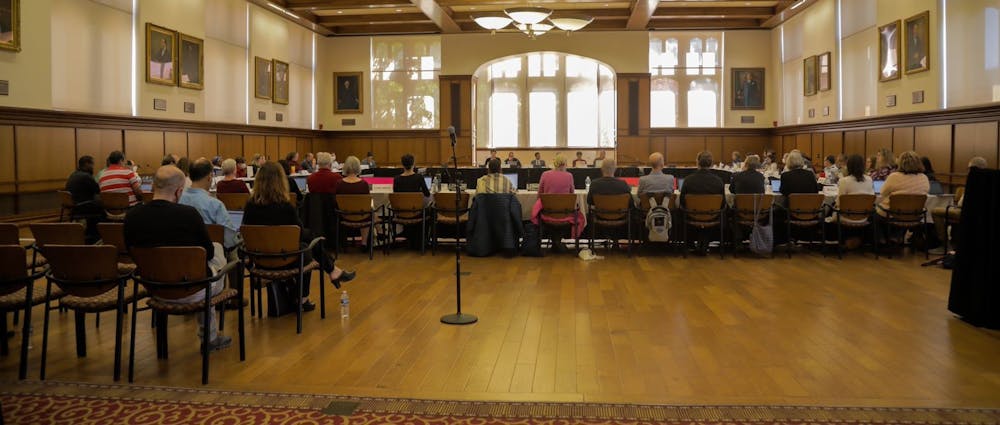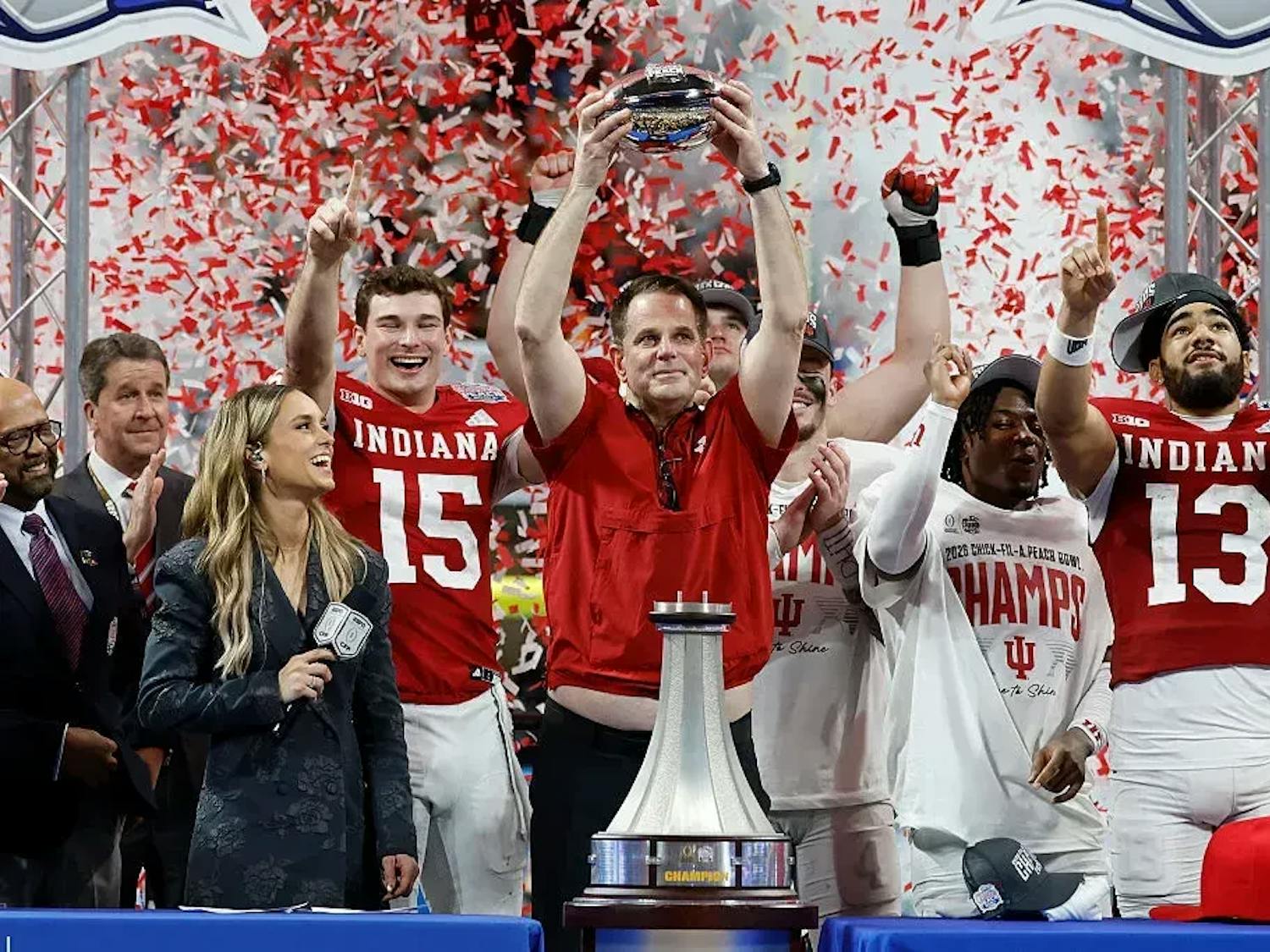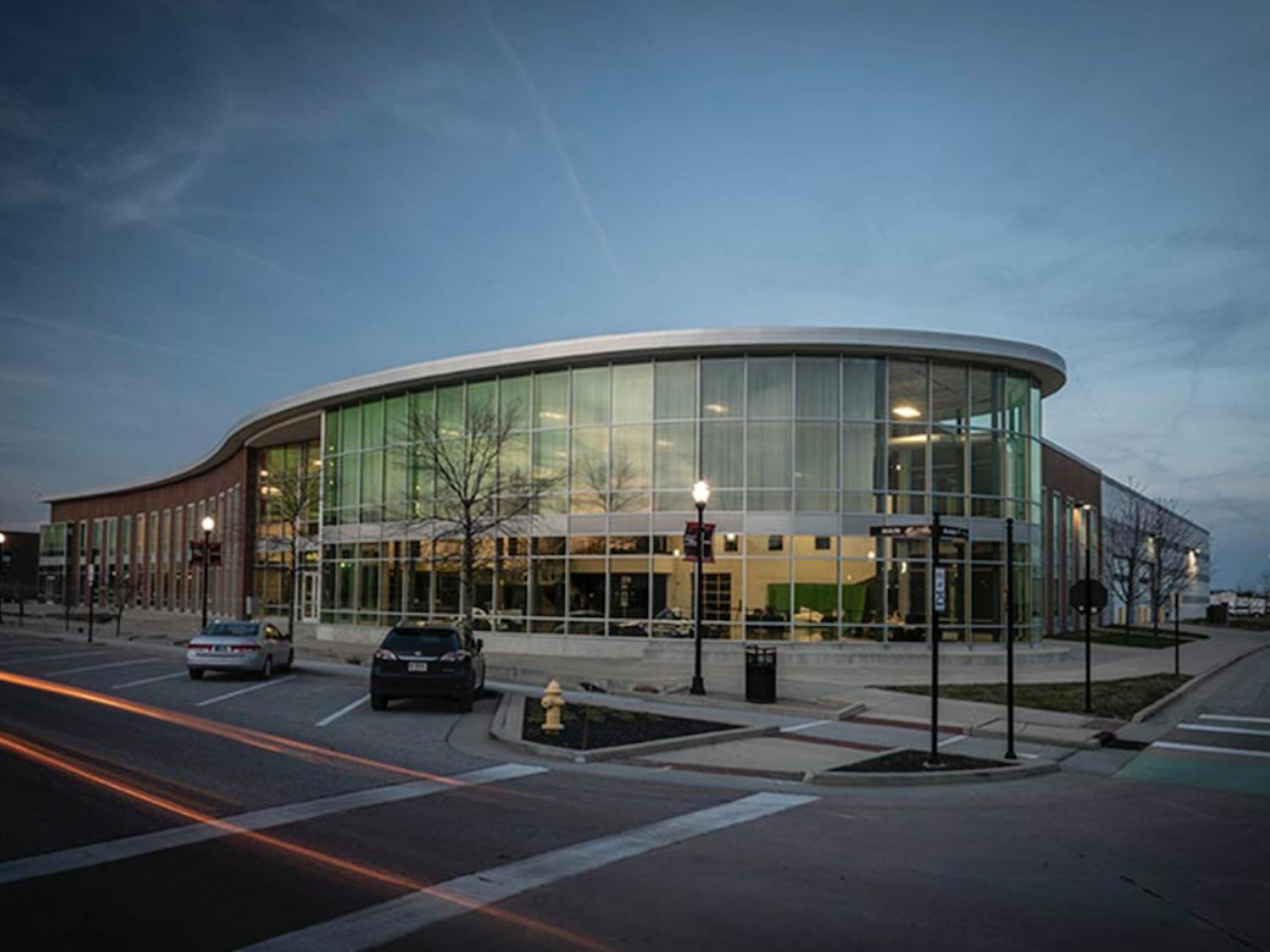On April 16, a vote of no confidence presented by Bloomington’s Faculty Council will be held against IU’s current president, Pamela Whitten, provost, Rahul Shrivastav and vice provost of faculty and academic affairs, Carrie Docherty. As IUPUI approaches a pivotal point in its history with the split, the unrest within leadership could disturb the continued cultivation of IUPUI’s campus.
A vote of no confidence is conducted to show that a legislature or governing body no longer supports a leader or their actions. However, it is important to note that a vote of no confidence is a non-binding representation of a community’s feelings about an administration, not the same as a vote to remove a person from office.
Although votes of no confidence cannot cause direct change in how an organization is run or its policies, this symbolic action can, in many cases, act as a catalyst for change within an institution.
A study by the College President Research found that, “Of the 57 no-confidence votes, within six months of the actual vote, the campus leader was removed from office in 32 of those instances; 56% of the time a presidential change followed a faculty-led no-confidence vote.”
In this case, the Faculty Council has called for votes against Whitten, Shrivastav and Docherty following a petition that was signed by 226 individuals. The petition only needed 50 signatures to be considered.
Based on section 4.4 of the Constitution of the Bloomington Faculty, if 800 members of the voting faculty are present at the time of the vote then the results of that vote are representative of the faculty’s will. However, if less than 800 voting members are present during the vote, then an electronic ballot will be sent to the remaining faculty for ratification.
The petition stated, “The current IU administration is encroaching on both academic freedom and shared governance by, among other things, sanctioning faculty and by canceling art exhibits at the Eskenazi Museum,” referring to the cancellation of the Eskanzi exhibit featuring Palestinian-born artist Samia Halaby in December 2023.
The petition goes on to say, “These recent actions, when taken together with the administration's failure to proactively and effectively stand against the Indiana legislature's violations of academic freedom and faculty protections, its fortunately unsuccessful attempt to separate Kinsey from IU, its disregard toward the 2022 faculty vote in support of graduate student workers, and its refusal to publicly support IU faculty member Dr. Caitlin Bernard, motivate this petition for an all-faculty meeting to consider a vote of no confidence.”
The Indiana Graduate Workers Coalition (IGWC) made a similar request for a vote of no confidence against the Whitten administration in February, which was backed by 1,300 graduate employees. The call for a vote was disregarded by the university.
A press release from IGWC in the Bloomingtonian states, “We believe that Pamela Whitten’s administration has been structurally damaging to IU. While we are understandably concerned about her administration’s effect on graduate education and representation, we are also extremely supportive of faculty authority, representation and freedom at IU. The faculty suppression which has resulted from her administration is unacceptable.”
Both of these calls for a vote of no confidence are concerning for IUPUI, as it is seeking to grow into a thriving graduate research campus following the divorce between IU and Purdue. Currently, IUPUI has more than 8,400 graduate and professional students, who make up more than 30% of IUPUI’s student population.
IUPUI has also struggled in recent years to find and retain an official chancellor. In early February, Latha Ramchand began her role as IUPUI’s chancellor. Prior to Ramchand, there were two interim chancellors, Andrew Klein and Carol Anne Murdoch-Kinch. The last permanent chancellor was Nasser Paydar from 2015-2022. There were also two separate chancellor searches that took place, one which started in July 2021 and ended in February 2022, and a second that started in August 2023 and ended with Ramchand’s inauguration in early 2024.
Needless to say, IUPUI’s history with leadership has been unstable, making the vote of no confidence all the more concerning as IUPUI’s campus navigates what a “split campus” should look like. Now more than ever, IUPUI students and faculty will need stable leadership in order to navigate this new chapter in the coming months and years.
Abigail Godsen (she/her) is a sophomore majoring in Applied Information Sciences with a minor in Classics. She is a reporter, podcast co-host and Lead Copy Editor for The Campus Citizen. When she isn’t writing, Abby likes to cook, do crossword puzzles and drink a lot of tea. She can be summoned using tea, cardigans and books (according to her roommate Jackie).





